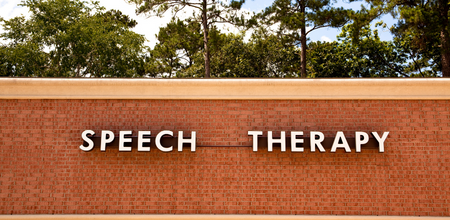Characteristics of Participants who Fail to Complete Research Studies
Categories: Rehabilitation and Recovery
What are the characteristics of study participants who are not available to complete research studies?
Past Studies
Past Studies demonstrate that up to
This Study
This Study analyzed data about traumatic brain injury research participants from three settings. The participants were adolescents and adults hospitalized with a traumatic brain injury. The characteristics were compared for research participants that were both lost and found for one and two-year follow-ups. Subjects were considered “lost” from the study when no information or only limited information was collected from them for any reason, including that they could not be located, death, and refusal.
About 42% of the participants were lost in the first year. Two of the three facilities in this study attempted to contact individuals in the second year, whether or not they were lost or found in the first year. During the second year, 44.9% to 48.6% of the participants were lost. The most common reasons for participant loss were that they were not locatable or, if located they refused directly or did not respond. Individuals who were not available during the first and
Who May Be Affected By These Findings
Researchers, healthcare providers
Caveats
The researchers suggest that participant dropout may be a problem directly associated with traumatic brain injury. For instance, some participants are not able to complete a research study because of death. Others may have a transient lifestyle associated with a history of violence, disadvantage and/or substance abuse, which makes them more difficult to locate.
Bottom Line
Individuals who
Please take a moment to comment on the value of this abstract:
Click here to take a brief survey
Find This Study
Corrigan, J.D., Harrison-Felix, C., Bogner, J., Dijkers, M., Terrill, M.S., & Whiteneck, G. (2003). Systematic bias in traumatic brain injury outcome studies because of loss of follow up. Archives of Physical Medicine and Rehabilitation, 84, 153-160.









